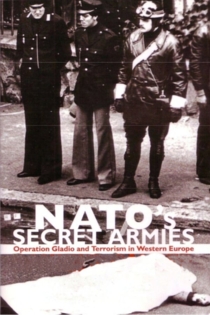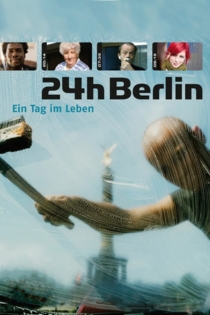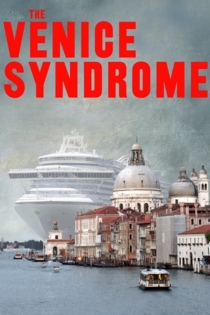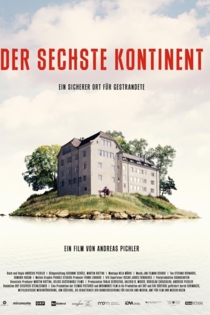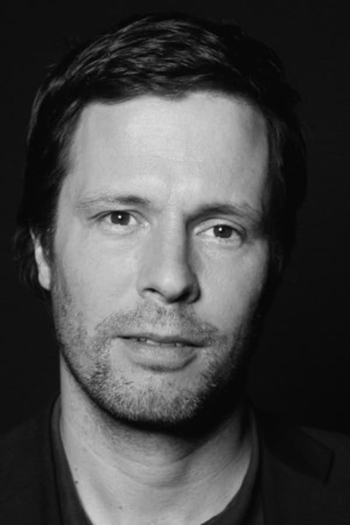
Andreas Pichler
1967 (58 лет)Europe for Sale
Andreas Pichler
How would you feel if the state sold the mountain above your village to a big multinational, your country's beautiful islands, its beaches or your great monuments? Strangled by debt, governments and public administrations all over Europe act like any indebted family: they try not only to reduce costs, but attempt to replenish their coffers by putting their most valued family possessions on the market. More often than not, this includes part of the countries' historical and natural heritage: castles, islands, mountains, beaches, palaces, ancient arenas and archaeological sites. But who really owns these properties? Aren't they our common heritage, our history that will end up in private or corporate hands and will no longer be accessible to all? Or is the private sector more efficient in managing these properties? And if so, who decides on the best deal? Are there democratic proceedings for the sale of our common good? The people of Europe want accountability.
Europe for Sale

Alkohol
Andreas Pichler
Alcohol: No substance in the world seems so familiar to us and is so incredibly diverse in its effect. Alcohol is available everywhere and this particular molecule has the power to affect all 200 billion neurons of our human brain in completely different ways. But hardly anyone calls alcohol a drug despite its psychoactive and cell-destroying effect. Why do we tolerate the death of three million people every year? Have we turned a blind eye to the dangers and risks for thousands of years? What role does the powerful alcohol industry play with an annual turnover of 1.2 trillion euros in this on-going concealment? The author, who himself enjoys having a drink, looks into the question why we drink at all, what alcohol does to us and to what extent the alcohol industry influences society and politics.
Alkohol
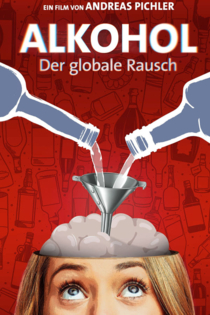
Antonio Negri: A Revolt That Never Ends
Alexandra Weltz, Andreas Pichler
Antonio Negri
Few intellectuals have experienced as much admiration and hatred as Antonio Negri. His international best-selling book, Empire, a critical analysis of the new global economy coauthored with Michael Hardt, was hailed as a new manifesto for the 21st century, and turned Negri into a leading spokesperson for the international anti-globalization movement. Antonio Negri: A Revolt that Never Ends profiles the controversial life and times of this important moral and political philosopher, militant, prisoner, refugee, and so-called "enemy of the state." It traces his roots in the radical left-wing movements in Italy during the 60s and 70s, illustrated through incredible archival footage of strikes, factory occupations, terrorist actions, violent street confrontations, and government trials of dissidents. During these tumultuous decades Negri spent ten years in prison and fourteen years in Parisian exile, where he contributed to philosophical debates with authors such as Gilles Deleuze.
Antonio Negri: A Revolt That Never Ends
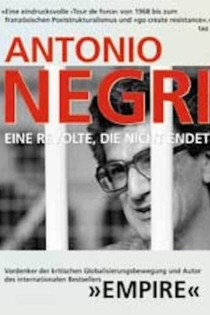
NATO's Secret Armies
Andreas Pichler
The story of Europe’s stay-behind network with names like GLADIO in Italy or SDRA8 in Belgium is one of the most powerfully hidden secrets of recent American and European history. NATO’S SECRET ARMIES examines three major terror attacks: The Brabant massacres in Belgium, The Oktoberfest bombing in Germany and the Piazza Fontana killings in Italy. Through the testimony of former terrorists, Gladio, ex-CIA agents, diplomats, prosecutors and police investigators the film pieces together the disturbing trail of influence behind each of the attacks and considers whether hundreds may have died at the hands of state sponsored terrorism. More chillingly, it asks whether the strategy of tension might still be in use today.
NATO's Secret Armies
